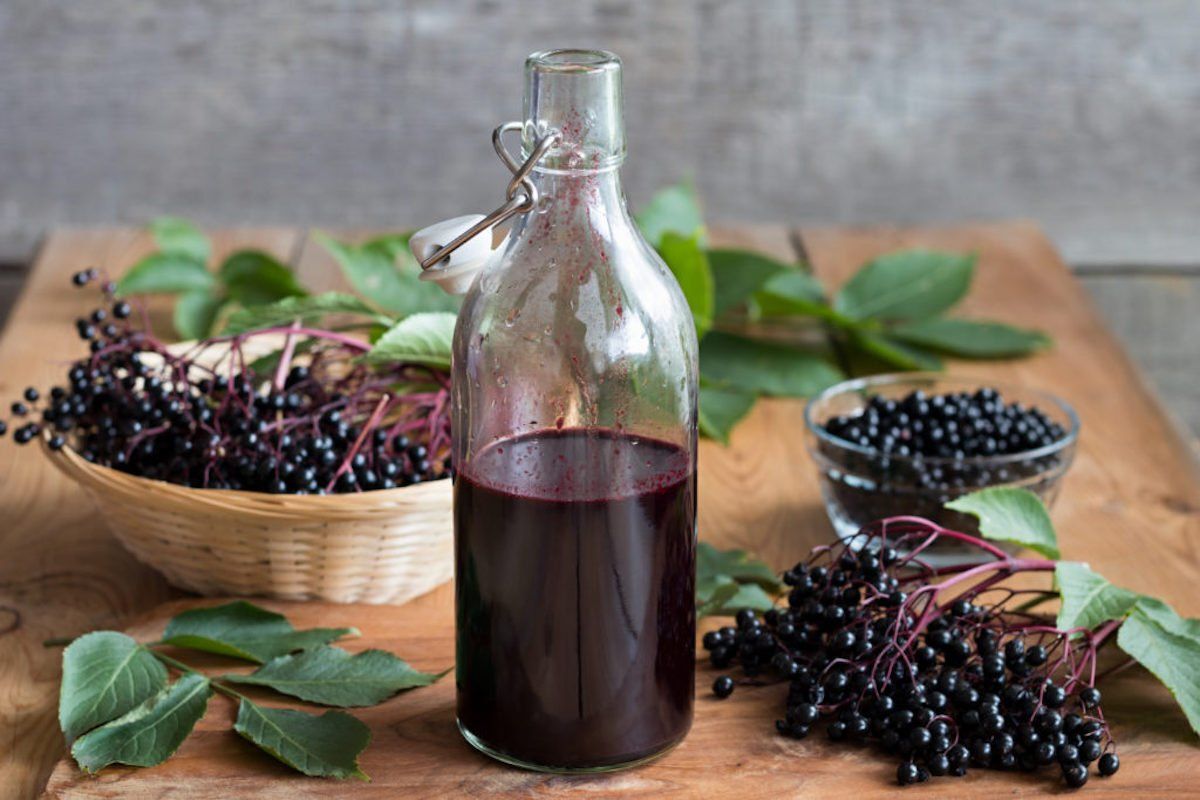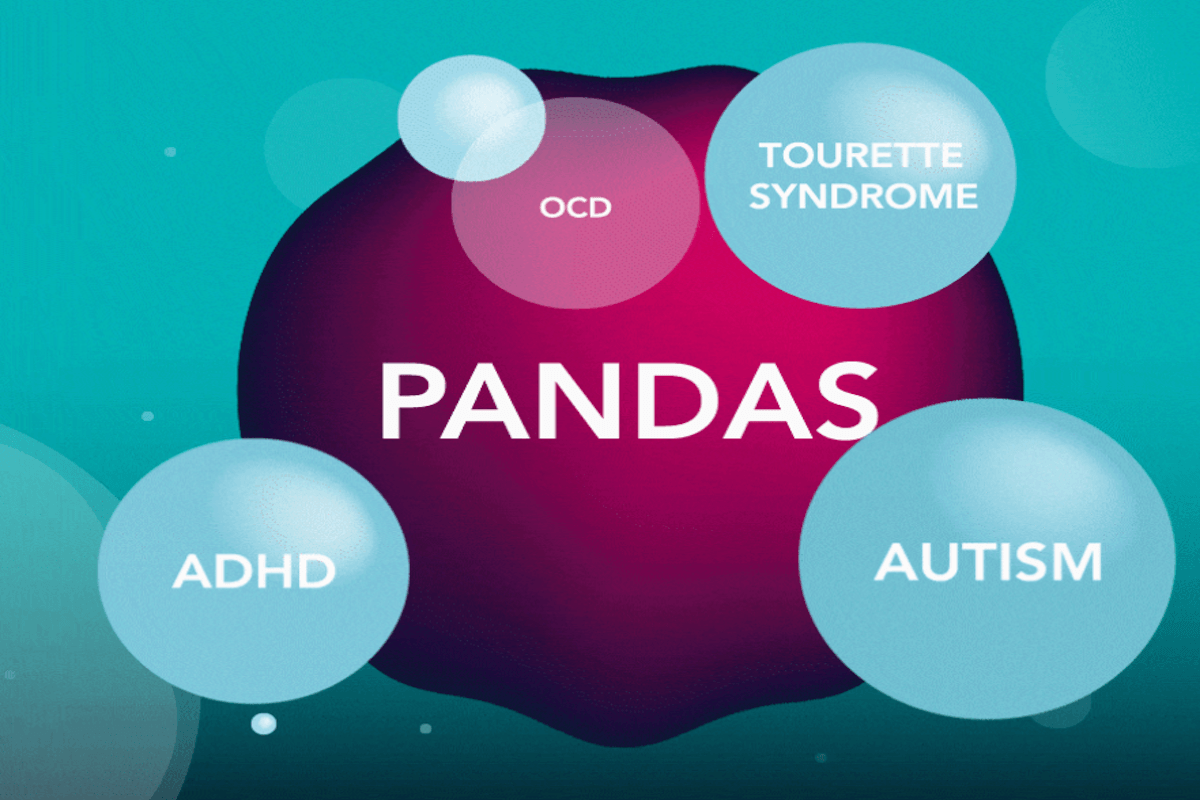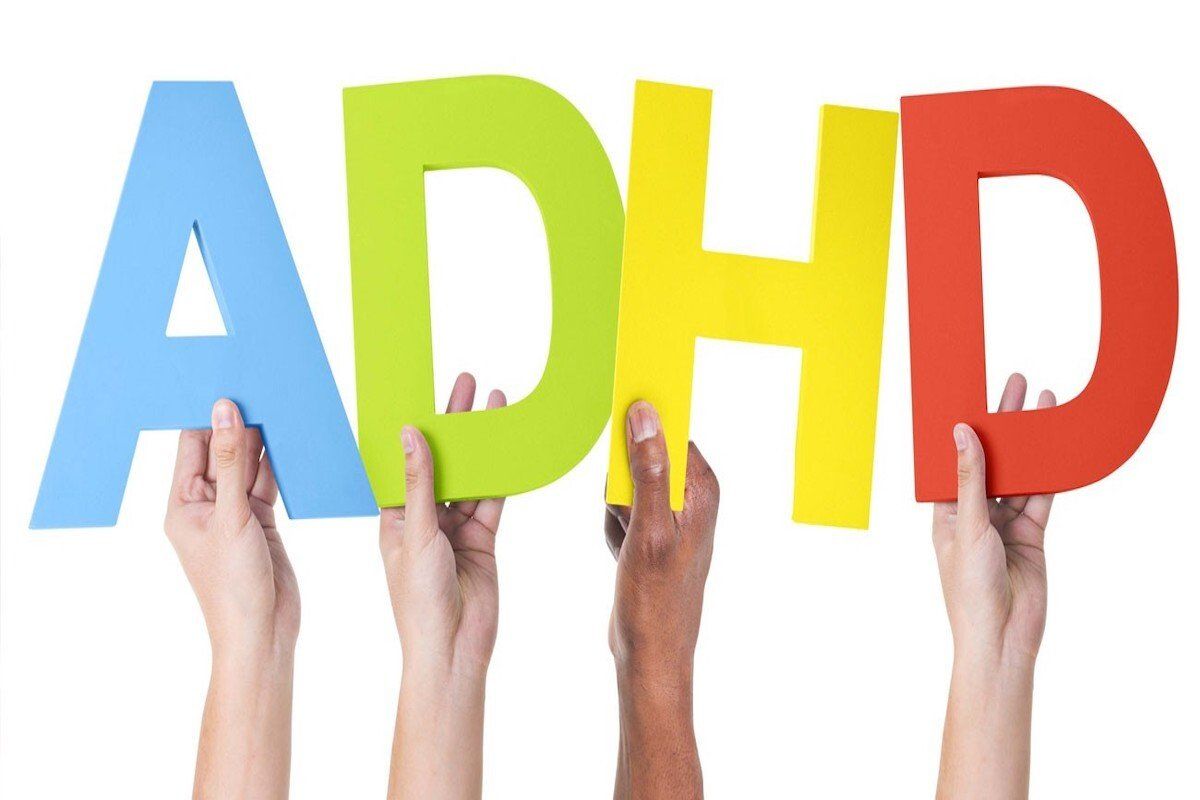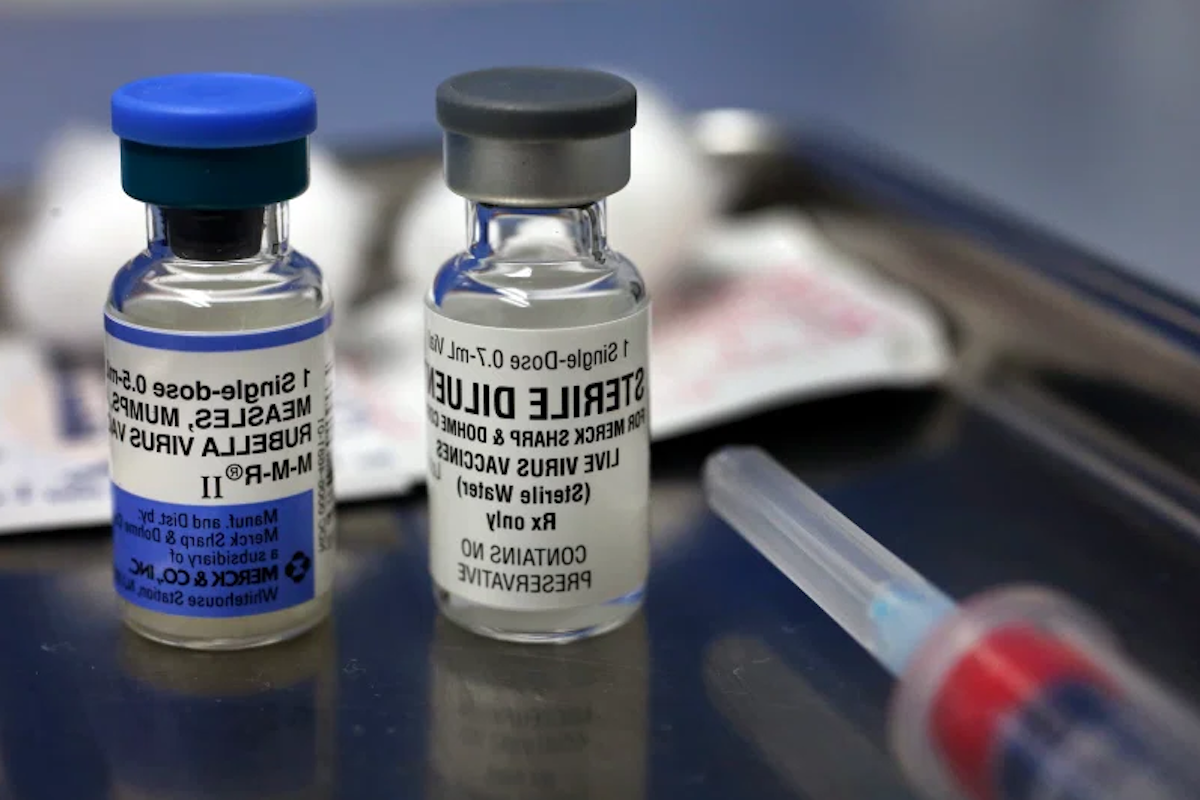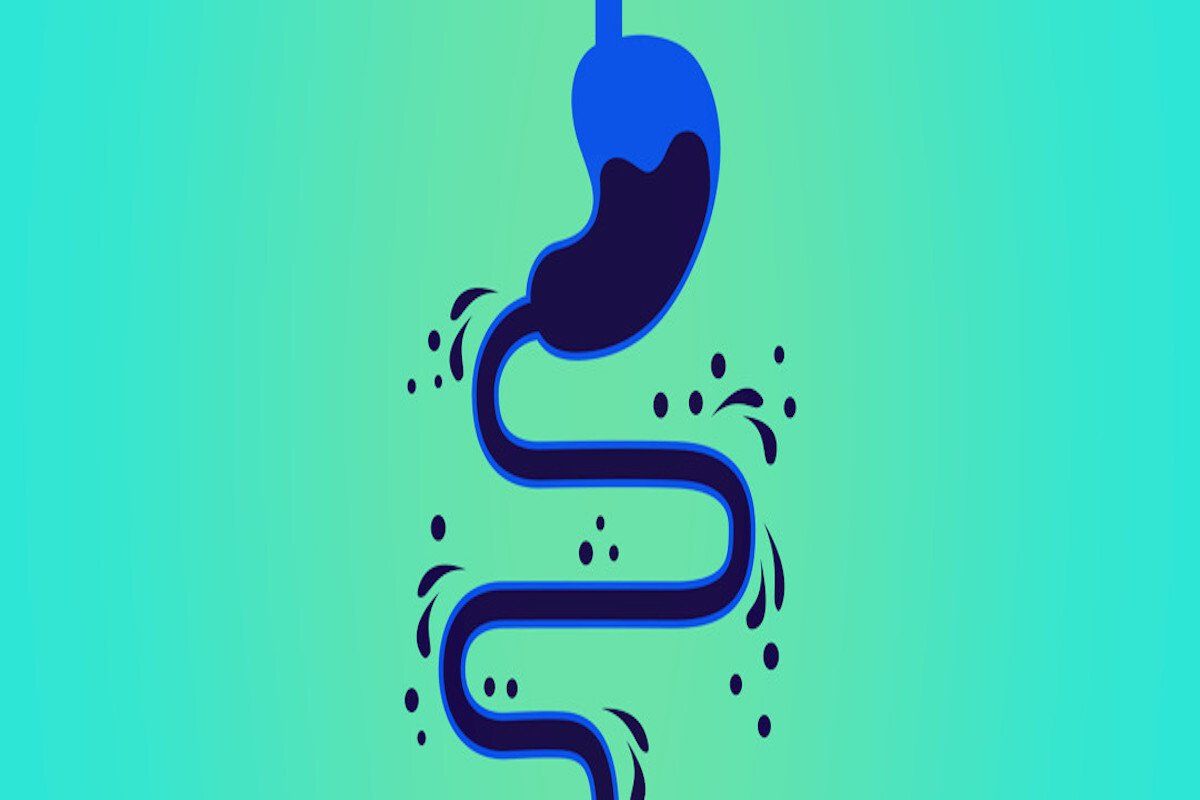Safe Alternatives to the Vitamin K Shot
Safe Alternatives to the Vitamin K Shot
Please note, offering safe recommendations on this or any medical procedure requires a full health history. Dr.O Care is unable to offer medical advice, including advice regarding the vitamin K shot unless you are an established patient. If you are seeking education or counseling regarding the vitamin K shot, you must first make an initial appointment.
Many parents have reservations about the vitamin K shot, which is normally given just after birth. Most often this is due to concerns about preservatives or other ingredients in the shot, discomfort about giving their children a needle stick, or both. For parents hoping to forego this early intervention, are there other options out there?
What is Vitamin K – and why do babies need it?
When we get bumps and scrapes, blood vessels break open and they bleed. The main way our bodies have to stop all that bleeding is by making a blood clot, which is a sticky web of fibers and blood cells that can patch and plug up any holes. Vitamin K is a nutrient that the body needs to produce the sticky fibers that hold a blood clot together. Without enough vitamin K, the body can’t make a good plug – so even a small injury can bleed a dangerous amount. All babies are born with low vitamin K because vitamin K has a hard time crossing the placenta. It also can be hard to get vitamin K through breast milk, so babies who are breastfed without any vitamin K supplementation often remain low in vitamin K till they start eating solid foods.
Low vitamin K causes bleeding in around 1% of babies who don’t get vitamin K supplementation. Vitamin K deficient bleeding also called VKDB can cause internal bleeding in the intestines, or worse, in the brain. In addition, the first few weeks of life aren’t the only time a baby is at risk for VKDB – a small fraction of babies can have what’s called late-onset VKDB, as much as six months after they are born.
Before we go on, because the above is a terrifying thought, I just want to say that it is VERY EASY to supplement a newborn’s vitamin K levels, with or without a vitamin K injection. Read on to find out more.
Concerns with the Vitamin K Shot
The two main concerns most people have about the vitamin K shot are toxic preservatives and increased risk of leukemia. Read more on each of those below.
What Preservatives are in the Vitamin K Shot?
There are two kinds of vitamin K shots – a form with preservatives and the “preservative-free” shot which still contains several preservatives, but the preservatives used are considered non-toxic. If you aren’t sure which shot your hospital, birthing center, or midwife uses, make sure to ask before you go into labor.
Here are the ingredients of the regular vitamin K shot:
- Synthetic vitamin K (Phytonadione)
- Polyoxyethylated fatty acid derivative (derived from castor oil)
- Dextrose Monohydrate (glucose)
- Water
- Benzyl alcohol
- Hydrochloric acid
Here are the ingredients of the “preservative-free” shot:
- Synthetic vitamin K (Phytonadione)
- Polysorbate 80
- Propylene glycol
- Sodium acetate anhydrous
- Glacial acetic acid (vinegar)
Most of the ingredients in the “preservative-free” version of the shot are at low enough levels that they are considered safe. However, Polysorbate 80 has been associated with sterility in rats – many people, myself included, feel like this additive should be studied further in humans before we consider it safe for our kids.
The Vitamin K shot and leukemia
A 1992 study showed an increased risk of childhood leukemia in kids who got the vitamin K shot vs kids who got oral vitamin K. But there were a few issues with this study – the major one being that it was a small study of only a few hundred kids, which may not have been enough to rule out confounding factors. For example, while the kids in the group with cancer were slightly more likely to have had the vitamin K shot, they were also more likely to have a mom that smoked cigarettes while pregnant most of these kids were in utero during the ’70s and 80’s when that kind of thing was still common. Several also had their abdomens x-rayed during pregnancy, which may have increased cancer risk for their kids later in childhood.
When this study came out it caused a lot of alarm and several much larger studies were done to see if the correlation held out. Larger studies didn’t show any correlation between the vitamin K shot and leukemia or any other cancers, but the question of correlation is enough to make some parents want to opt for non-injection sources of vitamin K for their infants.
Easy alternatives to Injectable Vitamin K
There are several alternatives to the shot, and they are very easy and low risk. The two best-studied ways of supplementing vitamin K are:
– Vitamin K Drops.
A well-done study in Denmark showed that supplementation with 1mg vitamin K via oral drops once per week was just as effective as the vitamin K shot at birth for preventing vitamin K deficient bleeding. Giving these drops is easy – just one drop per week directly into the mouth or bottle is all it takes. Bio-K-Mulsion by Biotics Research is a good one, if you have another brand in mind, just ask your doctor or midwife first to make sure it’s the right product and that it comes from a reputable source.
– Supplementing the Breastfeeding Parent.
In order to get breast milk up to the levels babies need, a breastfeeding parent can take around 5mg of vitamin K per day. While this is about 56 times higher than the daily recommended amount for adults, vitamin K is still considered non-toxic at this dose.
Other ways to support Vitamin K Levels
Probiotics may also help infants increase their vitamin K levels, especially with babies delivered via cesarian section. Gut bacteria helps create vitamin K for the body – by the time a baby is on solid foods, about 10% of the vitamin K they need can be produced by bacteria, while foods they eat provide them with the other 90%.
Deciding whether or not to give the vitamin K shot to your newborn is just one of many decisions new parents have to make in a baby’s first week of life. Fortunately, with a little guidance and support from your health care provider, there are plenty of ways to make sure your newborn is protected from VKDB is a safe, non-toxic way.
Would you like Dr.O Care’s help with your child’s vitamin K shot?
At Dr.O Care we are always happy to set up appointments either remotely through obtainhealth.com or in-person to discuss all of the ins-and-outs of the vitamin K shot. As a parent of children, I understand how complicated all of these decisions can be! If you’d like to schedule an appointment, just call 904-743-2100, or click here to make an appointment online.

